Osho does not provide a code or morality to live by. This book contains no discipline on how to live one’s life. It demonstrates that if man regains the sensitivity and intelligence that he is born with, he has no need for anyone to tell him the way. He can allow life itself to be his master: available to existence, and even to the silent sermons in the stones.
Osho succeeds in putting the wordless into words. From his mystic viewpoint, such clarity is possible for all. Indeed, it is vital for every person, so that out of that awareness he can start to live – not to live a life that is an imitation of anyone, but a life with its own unique flavor.
Also to be found in this book are words essential to the survival of modern man: Osho’s formulation of human rights for a new humanity. It is an exploration of the individual’s responsibility for creating the world in which he lives.
ABOUT THE AUTHOR Osho .
Osho was born in Kuchwada, Madhya Pradesh, on 11 December 1931. Rebellious and independent from childhood, he insisted on experiencing the truth for himself rather than acquiring knowledge and beliefs given by others. He attained 'enlightenment' at 21 and went on to complete his academic studies. He spent several years teaching philosophy at the University of Jabalpur. Meanwhile, he travelled throughout India delivering talks and meeting people from all walks of life. By the 1960s, Osho had begun to develop his unique dynamic meditation techniques. He felt that modern man is so burdened with the archaic traditions of the past as well as the anxieties of modern-day living that he must go through a deep cleansing process before he can hope to discover the thought-less, relaxed state of meditation. In the early 1970s, the West first began to hear of Osho. By 1974, a commune had been established around him in Pune, and the trickle of visitors from the West soon became a flood. Osho spoke of every aspect of life and on the development of human consciousness. Based on his own existential experience rather than on intellectual understanding, he distilled the essence of what is significant to the spiritual quest of contemporary man. Osho left his body on 19 January 1990. His commune in India continues to attract thousands of international visitors who come to participate in its meditation, therapy and creative programmes or to simply experience being in a 'Buddhafield'. Osho's talks have been published in more than 600 volumes and translated into over thirty languages.

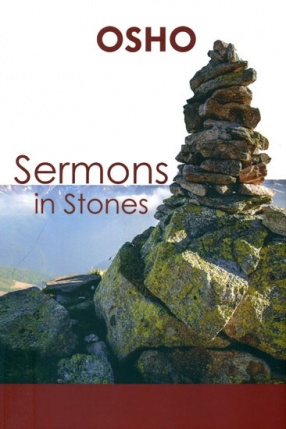
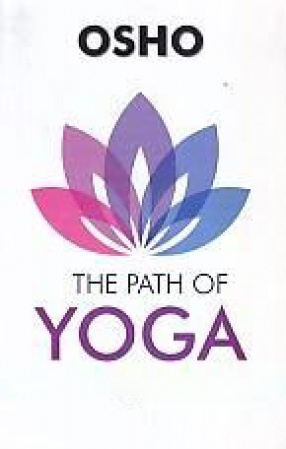
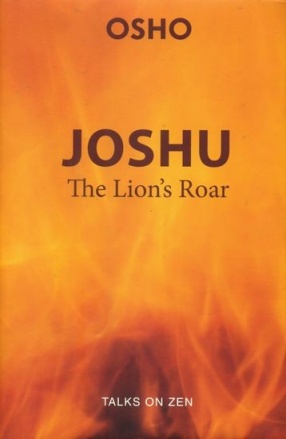
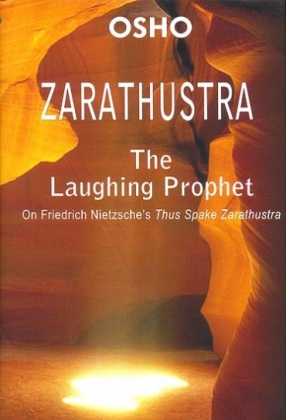
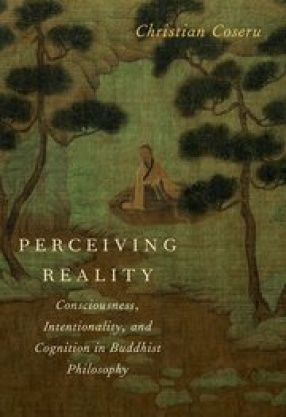
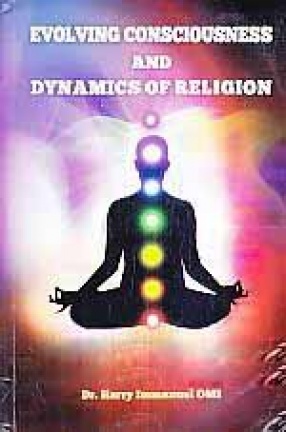
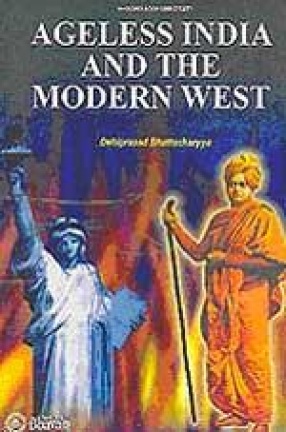
There are no reviews yet.